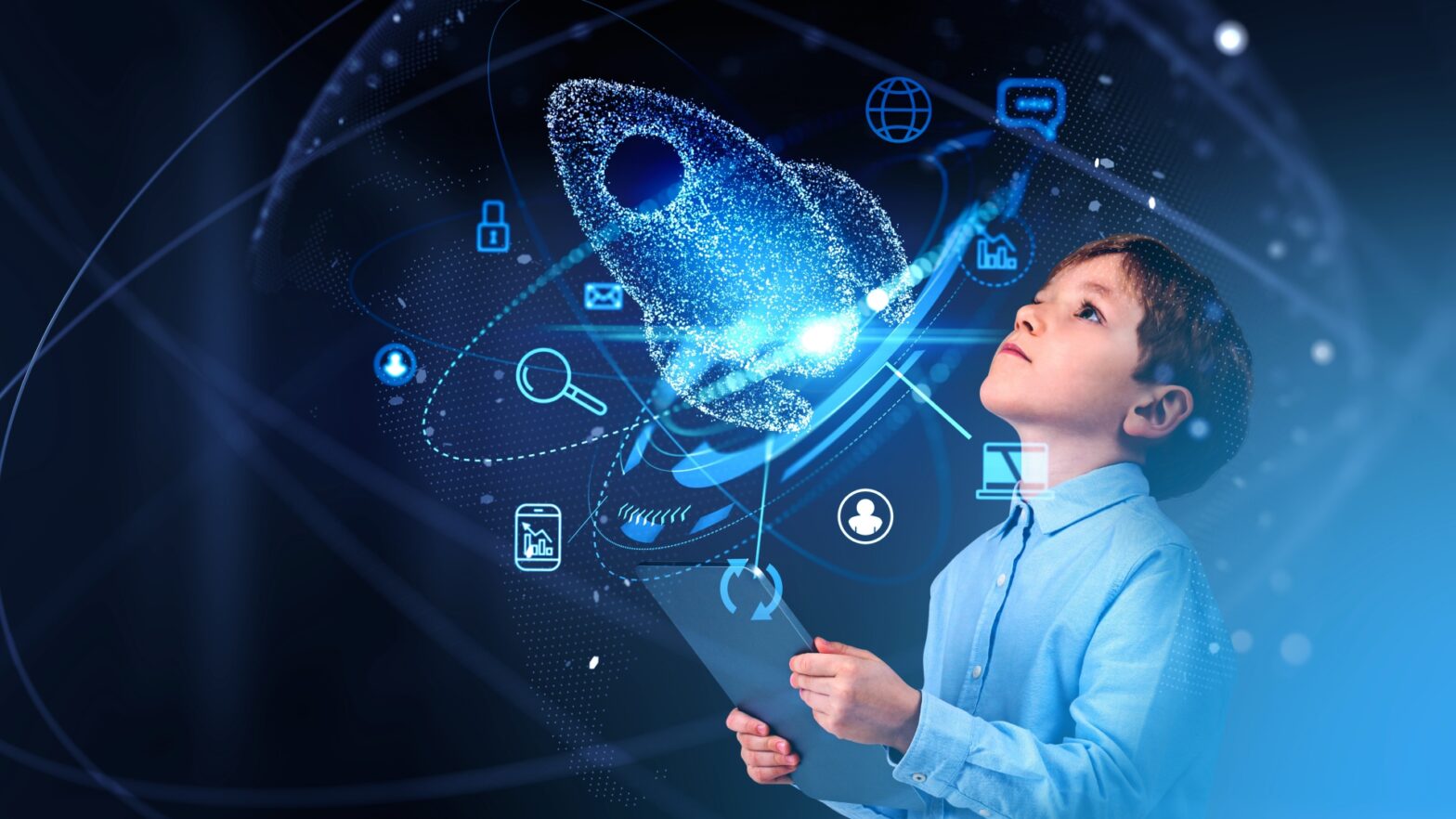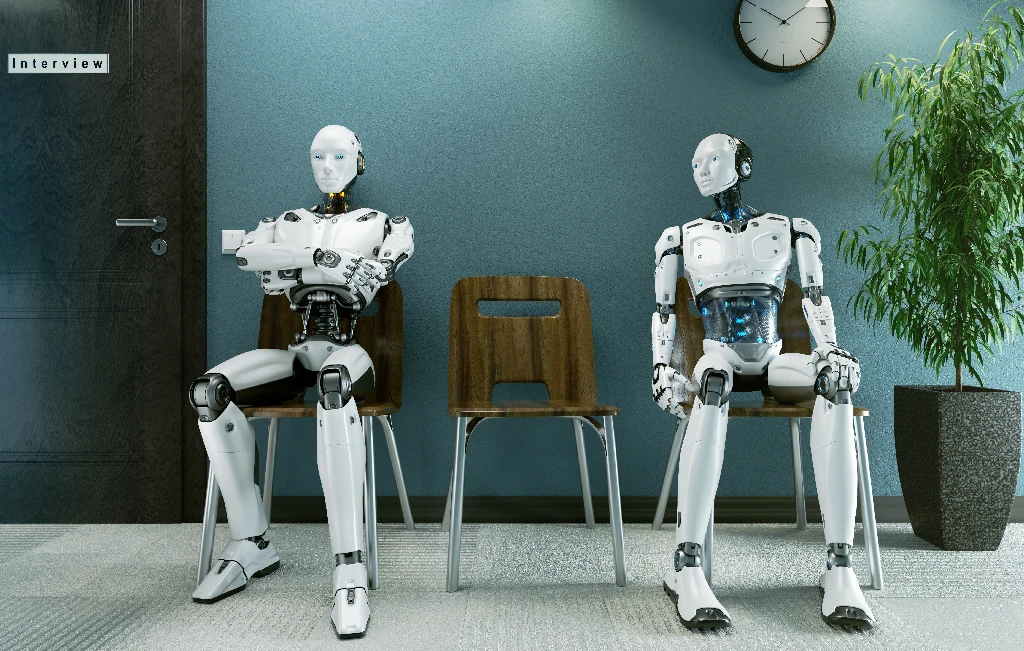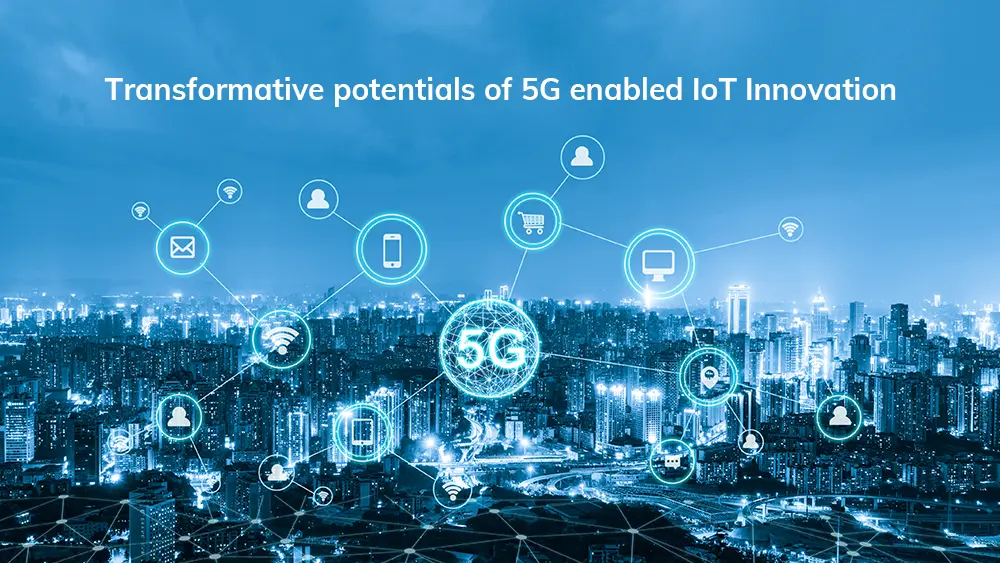1. Personalized Learning Through AI and Machine Learning
AI will play a pivotal role in personalizing education. Adaptive learning platforms will analyze students’ learning styles, strengths, and weaknesses in real time. These systems will recommend tailored resources, exercises, and even entire curricula, ensuring that each student receives a unique educational experience. For example, AI tutors could provide instant feedback and adjust difficulty levels based on student performance.
2. Immersive Learning with Virtual and Augmented Reality
Virtual Reality (VR) and Augmented Reality (AR) will redefine hands-on learning. Imagine history lessons that transport students to ancient Rome or biology classes that let them explore the human body at a microscopic level. These immersive experiences will make complex concepts more understandable and learning more engaging. This technology will be especially beneficial in fields like medicine, engineering, and architecture.
3. Blockchain for Secure and Transparent Credentials
Blockchain technology will transform the way academic credentials are stored and shared. Digital diplomas and certificates stored on a blockchain will be tamper-proof and easily verifiable. This will streamline the verification process for employers and institutions, making global educational recognition more transparent and trustworthy.
4. Gamification and Edutainment
Gamification, the use of game elements in non-game contexts, will become a cornerstone of future education. Interactive learning apps and platforms will use badges, leaderboards, and rewards to motivate students. This trend will blend education with entertainment, making learning more enjoyable and less stressful.
5. Lifelong Learning Platforms
The future of education will extend beyond traditional schooling. Lifelong learning platforms will become essential as individuals continuously update their skills in a rapidly evolving job market. Online courses, micro-credentials, and subscription-based learning services will allow people to learn anytime, anywhere.
6. Global Connectivity and Remote Learning
The pandemic accelerated the adoption of remote learning, and this trend is here to stay. Future EdTech will make remote learning more interactive and engaging, with advanced video conferencing tools, virtual classrooms, and collaborative platforms that connect students and teachers across the globe.
7. Ethical and Inclusive AI in Education
As AI becomes more prevalent, ethical considerations will take center stage. Developers will need to ensure that AI systems are unbiased, inclusive, and respect data privacy. Efforts to bridge the digital divide will also be crucial, ensuring that all students, regardless of their socioeconomic background, have access to cutting-edge educational resources.
8. Wearable Technology for Enhanced Learning
Wearable devices like smart glasses and biometric sensors will provide real-time feedback on students’ physical and emotional states. This data will help educators adjust their teaching methods to optimize learning outcomes, ensuring students remain focused and engaged.
9. Collaborative Learning in the Metaverse
The rise of the metaverse will create new opportunities for collaborative learning. Virtual campuses and classrooms will allow students from different parts of the world to work together in a shared digital space. This will foster cultural exchange and teamwork skills in a highly immersive environment.
10. Robotics in Education
Robots will serve as teaching assistants, especially for young learners and students with special needs. These robots can provide interactive lessons, assist with language learning, and even teach coding and STEM subjects in a more engaging way.
Conclusion: A New Era of Learning
The future of education technology is not just about new tools; it’s about redefining the way we learn. By harnessing the power of AI, VR, blockchain, and other emerging technologies, education will become more personalized, inclusive, and accessible. The classroom of the future will be a space where technology and human creativity intersect, preparing students for a world that is constantly evolving.
Are we ready for this transformation? The future of EdTech is bright, and it’s time for educators, policymakers, and technologists to collaborate and shape a smarter, more connected world.





